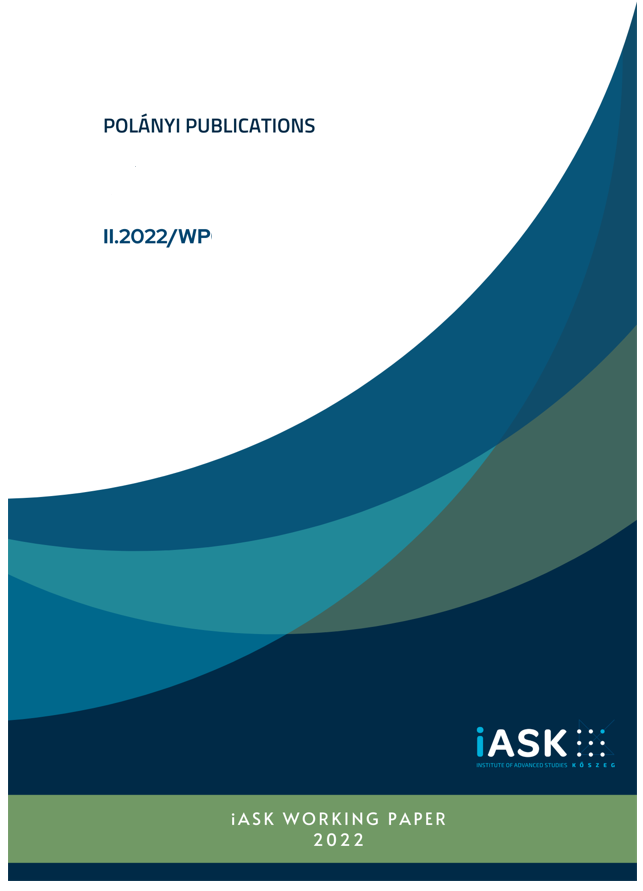Research & Studies

Changes in the public sphere in new virtual spaces

“The internet and social media have radically transformed the traditional divide between private and public by introducing new virtual spaces. This creates the possibility to create various semi-private and semi-public compartments that have enabled the emergence of ‘participatory culture’ that blends creators and their audiences who both produce and consume.” (Ivana Stepanovic)
You can download the working paper on the link below!
Experiences from previous global crises

“Through online surveys combined with traditional and digital ethnography, the paper reveals the ways that experiences from previous global crises influenced post-Yugoslav and post-Soviet immigrants’ perceptions, coping mechanisms, and resilience strategies during the COVID-19 pandemic.” (Sanja Tepavcevic)
You can download the working paper on the link below!
Lessons from Previous Global Crises (Un)Applied During COVID-19 Pandemic: Immigrant Experiences in Austria and Hungary (2021)
Peace and conflict analysis

“There is a gap in analyzing peace and conflict dynamics from the point of view of the psychology of peacemakers. The key question is what sort of mindsets are aimed at restoring, sustaining, or preventing peace.” (Ryszard Praszkier)
You can download the working paper on the link below!
“Capitalocene” a new approach

“This paper proposes another reproach against the dominant Anthropocene narrative called the “Capitalocene” which rather argues that the climate/environmental crisis is not caused by “human nature” but by historically specific relations of re/production and property, namely: by the exploitative and expropriative socio-economic relations of capitalist accumulation.” (Attila Szigeti)
You can download the working paper on the link below!
Anthropocene Narratives and the Ecopolitics of the Climate Crisis (2021)